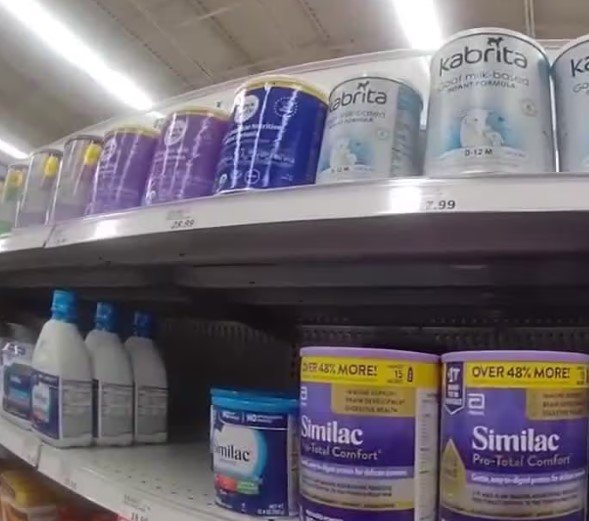Costco is currently embroiled in a class action lawsuit following allegations that its Kirkland Signature baby wipes contain significant levels of harmful chemicals. The lawsuit, filed in June 2024, claims that the wipes contain per- and polyfluoroalkyl substances (PFAS), commonly known as “forever chemicals,” which are linked to various health issues. The plaintiffs argue that these chemicals make the wipes unsafe for their intended use, particularly for babies and infants. This legal battle has raised serious concerns about product safety and consumer protection.
Allegations and Health Risks
The lawsuit against Costco alleges that the Kirkland Signature baby wipes contain unsafe levels of PFAS. These chemicals are known for their persistence in the environment and the human body, earning them the nickname “forever chemicals.” PFAS have been linked to a range of health problems, including thyroid disorders, liver damage, fertility issues, and certain types of cancer. The plaintiffs argue that the presence of these chemicals in baby wipes is particularly alarming given the sensitive nature of babies’ skin.
The plaintiffs’ legal team conducted tests on the wipes, revealing that they contain 3.7 parts per billion (ppb) of PFAS. This finding contradicts Costco’s marketing claims that the wipes are made with naturally derived ingredients and are free from harmful substances. The lawsuit contends that Costco and Nice-Pak Products, the manufacturer, have deceived consumers by promoting the wipes as safe and gentle for babies.

The health risks associated with PFAS exposure are well-documented. Studies have shown that these chemicals can disrupt endocrine function, weaken the immune system, and increase the risk of various cancers. Given the frequency with which baby wipes are used, the potential for significant exposure to PFAS is a major concern for parents and caregivers. The lawsuit seeks to hold Costco accountable for the alleged false advertising and to ensure that consumers are protected from harmful products.
Legal Proceedings and Consumer Reactions
The class action lawsuit against Costco has sparked widespread concern among consumers. Many parents rely on baby wipes as an essential part of their daily childcare routine, and the allegations have raised questions about the safety of these products. Consumer advocacy groups have voiced their support for the lawsuit, emphasizing the need for greater transparency and stricter regulations to protect public health.
Costco has responded to the lawsuit by denying the allegations and maintaining that its products are safe. The company has stated that it will vigorously defend itself against the claims and that it stands by the quality and safety of its Kirkland Signature baby wipes. However, the legal battle is likely to be protracted, with both sides presenting extensive evidence and expert testimony.
The outcome of the lawsuit could have significant implications for the broader consumer goods industry. If the plaintiffs succeed, it may prompt other companies to reevaluate the safety of their products and to take more stringent measures to ensure that they do not contain harmful chemicals. The case also highlights the importance of rigorous testing and accurate labeling to protect consumers from potential health risks.
Broader Implications for Product Safety
The lawsuit against Costco is part of a larger trend of increased scrutiny on product safety and corporate accountability. In recent years, there has been growing awareness of the potential health risks associated with various chemicals used in consumer products. Regulatory agencies and advocacy groups have been pushing for stricter standards and more comprehensive testing to ensure that products are safe for use.
The presence of PFAS in consumer products has been a particular focus of concern. These chemicals are used in a wide range of products, from non-stick cookware to water-resistant clothing, and their persistence in the environment and the human body makes them especially problematic. The lawsuit against Costco underscores the need for greater oversight and regulation to prevent harmful chemicals from entering the market.
As the legal proceedings unfold, the case will likely draw attention to the broader issue of chemical safety in consumer products. It may lead to increased pressure on companies to disclose the ingredients in their products and to ensure that they are free from harmful substances. The outcome of the lawsuit could also influence future regulatory actions and set a precedent for how similar cases are handled.
